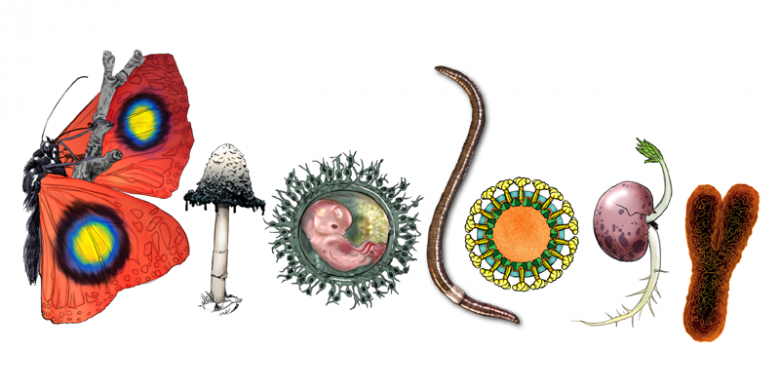You are going to enroll in a general science course in Ireland or another country besides Malaysia as an international science student, and biology is a subject that you just got more interested in during and after school. You are probably wondering what you will learn in biology classes. Which branch suits you more?
To start with, what is biology in a nutshell? It is the study of living organisms, branched into various biological fields. The four fields that you will be familiar with are biochemistry, ecology, genetics and physiology.
Biochemistry

Biochemistry is related to chemicals and their relationships with living beings including ourselves, animals and plants. It focuses on the happenings in the cells, vitamins and minerals such as vitamins, and changes undergone during developments such as fighting diseases. Like its namesake, it combines biology and chemistry together into one discipline.
In biochemistry, genetics, forensics, plant sciences, medicine and microbiology are some of the scientific branches that it covers. It is mostly applied in hospitals, agriculture, universities, forensic crime research, drug developments, cosmetics, education and food institutes.
Ecology

If you are a biology student that wants to study and work revolving around our environment, ecology is the door for you. In ecology, the relationships between living organisms and the world around them is its main focus. Populations, community, ecosystem and biosphere are among the subjects it studies. Ecologists also study various environments such as the ocean, desert and forest, each supporting different kinds of living organisms and how each influences their lives.
Additionally, ecology also looks into the results of a faulty ecosystem, ranging from disease outbreaks and temperature increases to the increase of human populations and influences. By determining these impacts in the environment, they are able to warn people of certain dangers and changes, as well as looking into solutions to avoid or remedy the effects.
Based on the nature of their work, ecology is applied to different fields such as forestry, wildlife management, agriculture and aquaculture (culturing of fish).
Genetics

Genetics is all about our cells, mainly genes and hereditary. It looks into the actions genes in the cell and its transmission from parent to their own child. Genetics isn’t limited to humans, as the genes of animals and plants are also studied. Genetics are useful in DNA fingerprinting, genetic engineering, gene therapy and studying the link between our genetics and diseases.
Genetics are split into different branches. Some examples are medical, archaeogenetics (studying ancient genetics), ecological, environmental and behavioral genetics.
Physiology

Physiology is the study of how living organisms work, explaining the physics and chemistry behind basic body functions. Ranging from basic cell functions to our organs working in unison, it helps understand what keeps the human body intact and its effects when we fall ill.
You may be confused as to whether physiology is the same as anatomy. While the latter studies the human body structures, physiology looks into how the structures work together in the first place.
Some examples of physiology disciplines are defense, a study focuses on the change occurring when we react to a threat, like running away or fighting against it. Evolutionary concerns the way systems are adapted and changed over multiple generations. Cells are about cell reactions and functions. Lastly, systems look into how individual cells or components of a system converge and react as a whole.
